The Strangeness of Advent Joy
I‘m a little bit antsy at this point of the Advent season. We’ve dwelt in the darkness of the world for what seems like a long time (it’s really been all of 15 days). Can’t we just move ahead and get to Christmas already? Maybe that’s why the third Sunday in Advent is “Gaudete,” Latin for rejoice. We are given a break from the deep shadows of the rest of Advent to rejoice in the fact that Christ is almost among us.
It’s appropriate too that we hear Paul’s admonition to the Church in Philippi: “Be glad in the Lord always! Again I say, be glad!” (Phil. 4:4) That’s the Common English Bible. The more recognized version would be “Rejoice in the Lord always! Again I say, rejoice!” We’re to rejoice because “The Lord is Near” (Phil. 4:5).
Sometimes I want to roll my eyes at Paul. Yeah, easy for you to tell me to rejoice. You’re the one with the special calling from God. You’re the one to whom Jesus appeared. You’re the one blazing the way for Gentiles to be welcomed into the Church.
And then even though I long to experience a break from the shadows of the world, they also stop me from fully rejoicing. I just read 1 in 100 persons over 65 have died from COVID. A devastating tornado ripped through 4 states and devastated a town in Kentucky (I personally know some affected). The record-setting heat in December only further shows the effects of climate change. And that’s not even including the shadows I deal with because of just who I am.
But then I remember this wonderful quote from the 20th-century martyr Dietrich Bonhoeffer, “A prison cell like this is a good analogy for Advent. One waits, hopes, does this or that—ultimately negligible things—the door is locked and can only be opened from the outside.” He wrote that in a letter from a prison cell he was thrown into by the Nazis in late 1943. The shadows of the world have been long for as long as we’ve been East of Eden. And we need help from the outside to deliver us from the predicament of living in a sinful and fallen world.
That doesn’t mean, though, we don’t try our best to avoid the reality of the prison we happen to find ourselves in. Maybe we take our cue from the Advent song “People Look East” and try to “Make your house fair as you are able, Trim the hearth and set the table.” Maybe that’s why we see Christmas decorations going up sooner and sooner and Christmas music simply being played year-round. We’re trying desperately to avoid looking at the reality of life, and give ourselves a brief respite from the drab prison walls of life. Christmas as a distraction, forcing ourselves to be holly and jolly all the time.
Paul isn’t encouraging the faithful to rejoice as a way of denying what particular hardships they are going through. Like Bonhoeffer, Paul wrote his letter from a prison cell. He doesn’t deny that life in this world can (and probably will) beat us down. Instead, he’s shifting our eyes away from our current malaise toward the hope of Christ coming from outside ourselves.
Just like we were saved by grace through faith, the light from God comes into this world whether we do anything or not. In the end, it’s not up to us; it’s God’s action. Even our rejoicing is simply a response, a reaction almost, to what God has done, is doing, and will do for us.
For Christ has died, Christ is risen, and Christ will come again. And I think that’s worth celebrating.
